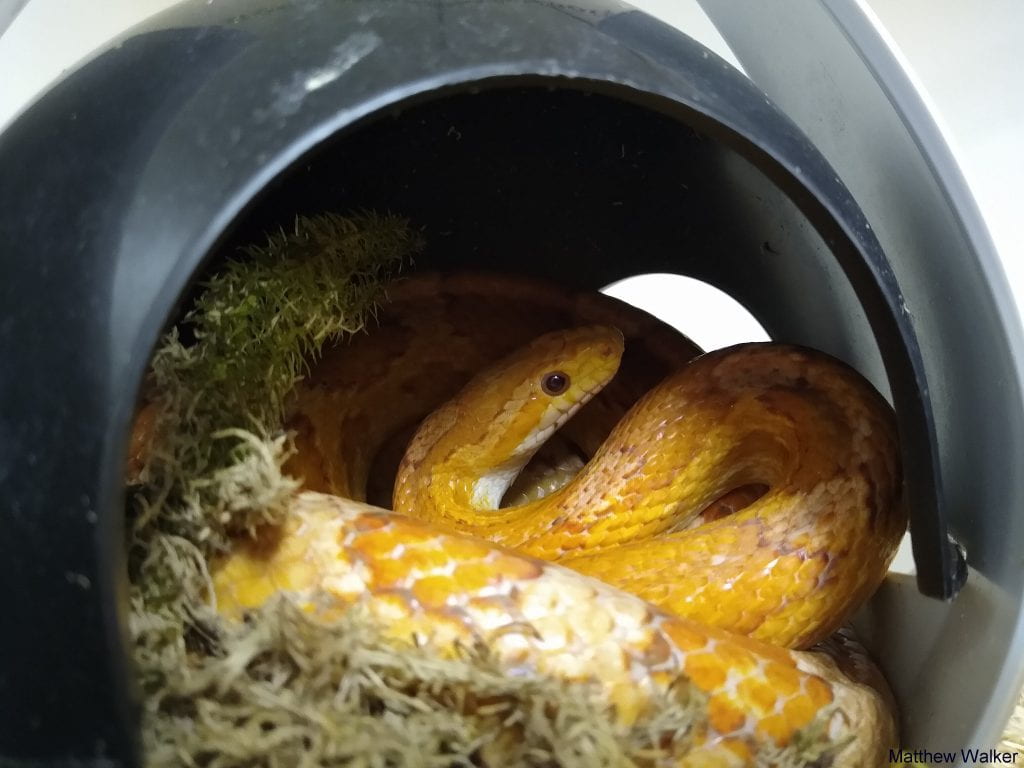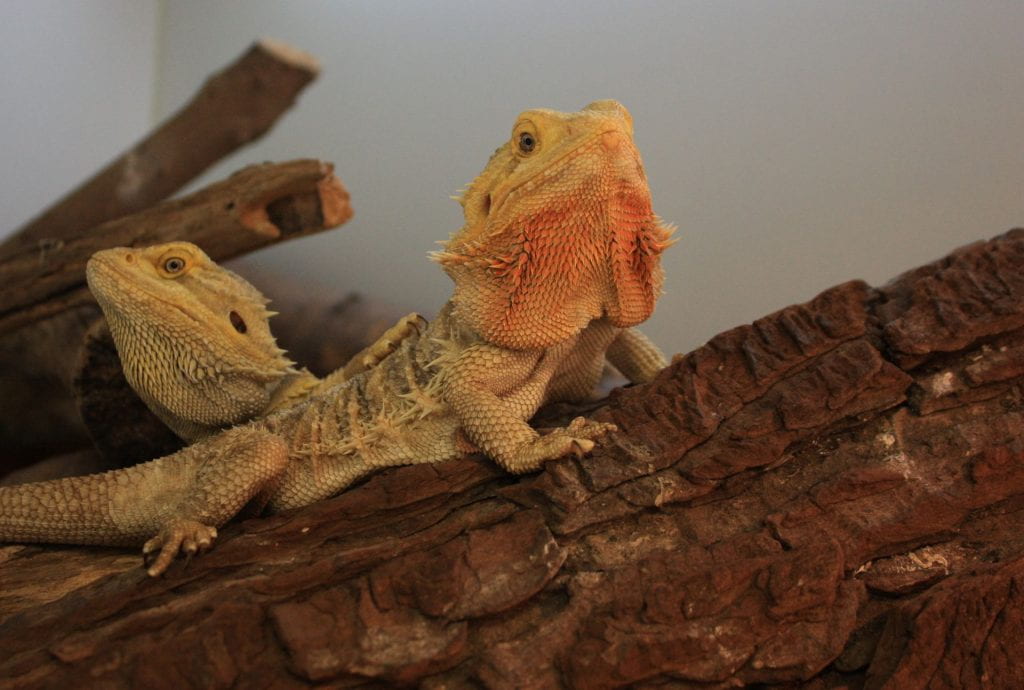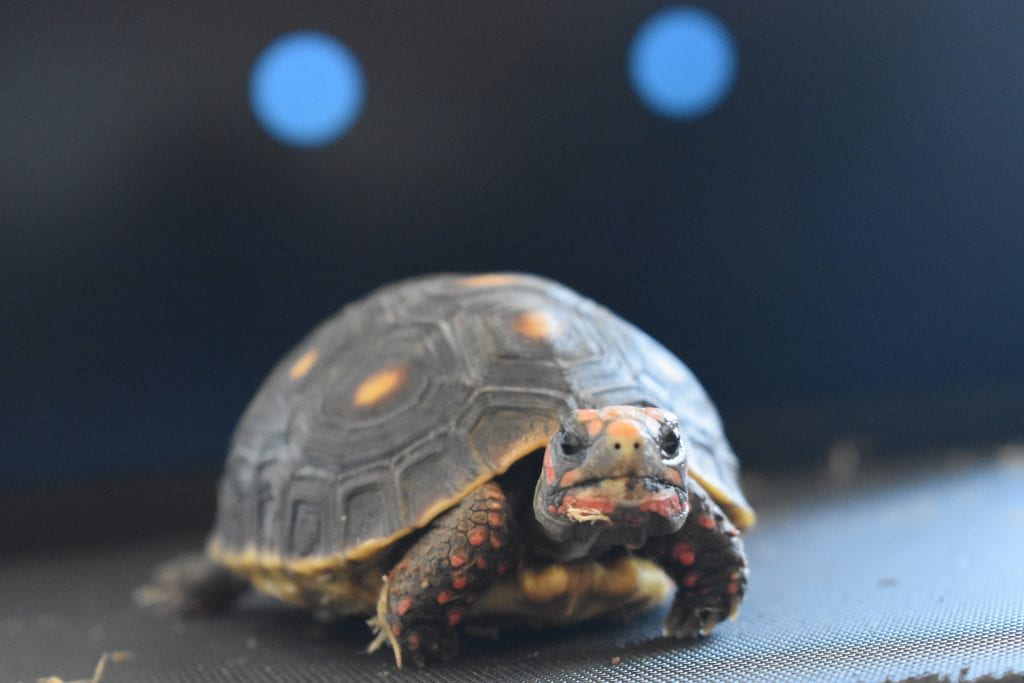Reptiles are becoming increasingly popular as pets, with more people in UK having pet reptiles than guinea-pigs or hamsters. As reptile ownership continues to increase, there has been an associated rise in the prevalence of poor reptile health and welfare. This reflects a lack of scientific evidence underpinning the necessary guidelines and legislation to educate members of the public about best practice.
One reason for the inability to determine welfare problems at an early stage is the common perception that reptiles are not behaviourally or cognitively complex and therefore do not have complex captive needs. Our research has revealed remarkable cognitive abilities in this group and these findings have important implications for their care. In addition, there are currently few measures of welfare available for reptiles, and so our research also focuses on identifying new ways to assess reptile welfare so that we can use these to see how different aspects of housing and husbandry (e.g. space provision, enrichment) impact on animal welfare.
The overall aim of the Cold-Blooded Care working group is to increase the scientific understanding of reptile health and welfare through objective and rigorous research and to disseminate our findings and best practice to the public, government, academia and other stakeholders. Members of the working group are from key stakeholder groups including charities, reptile special interest groups, industry representatives, vets and scientists.



